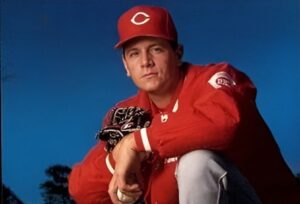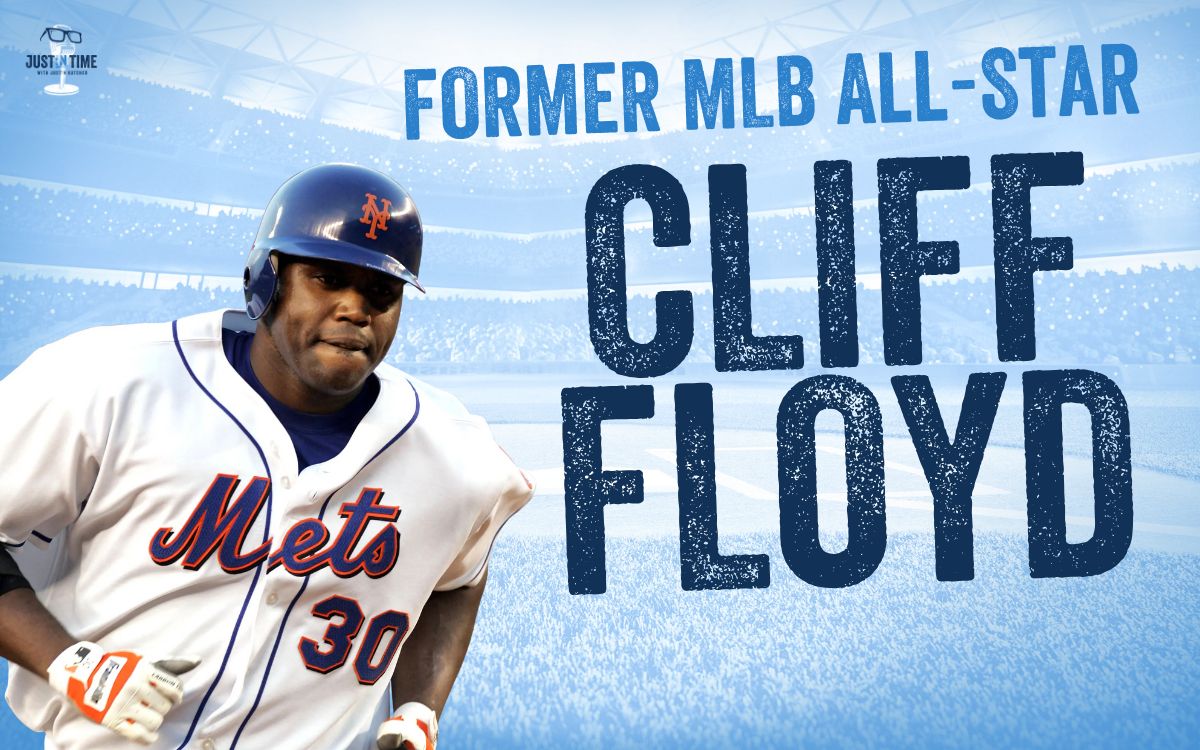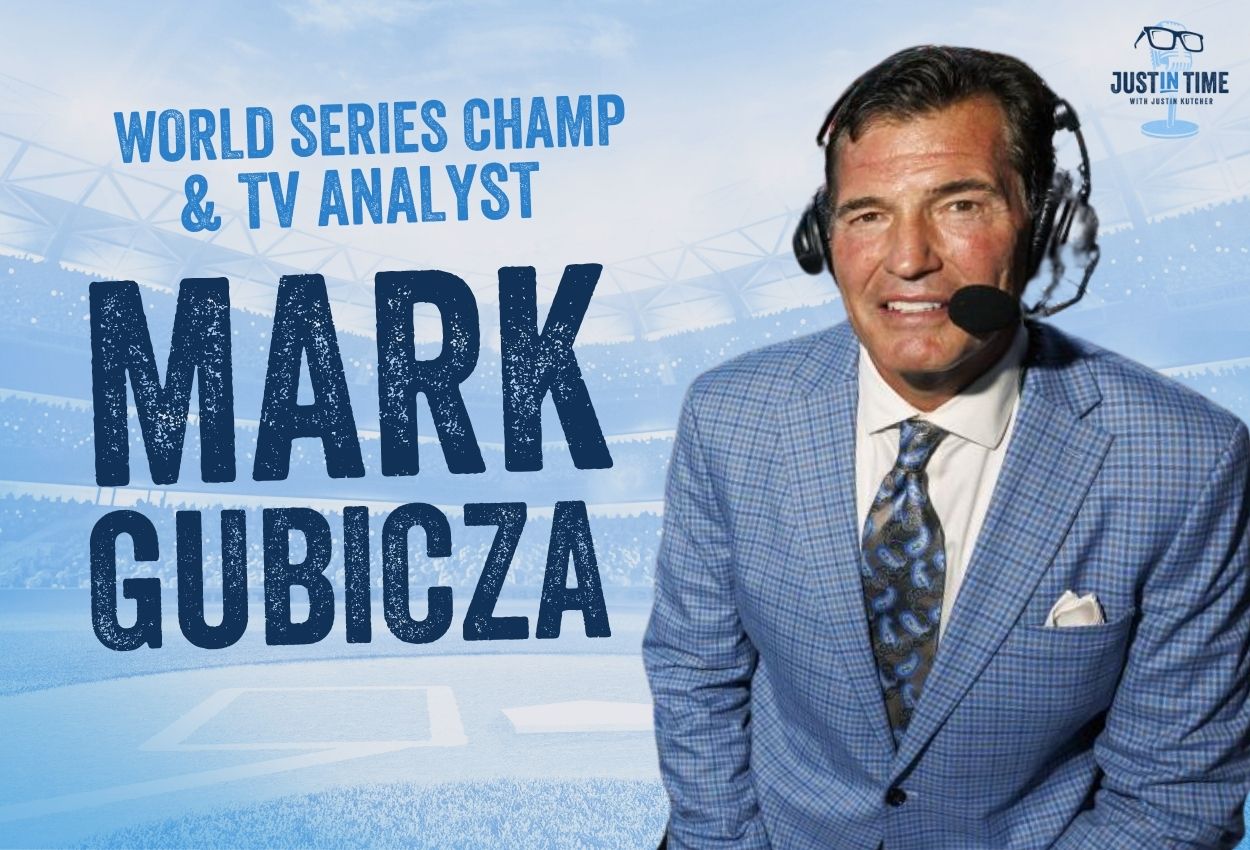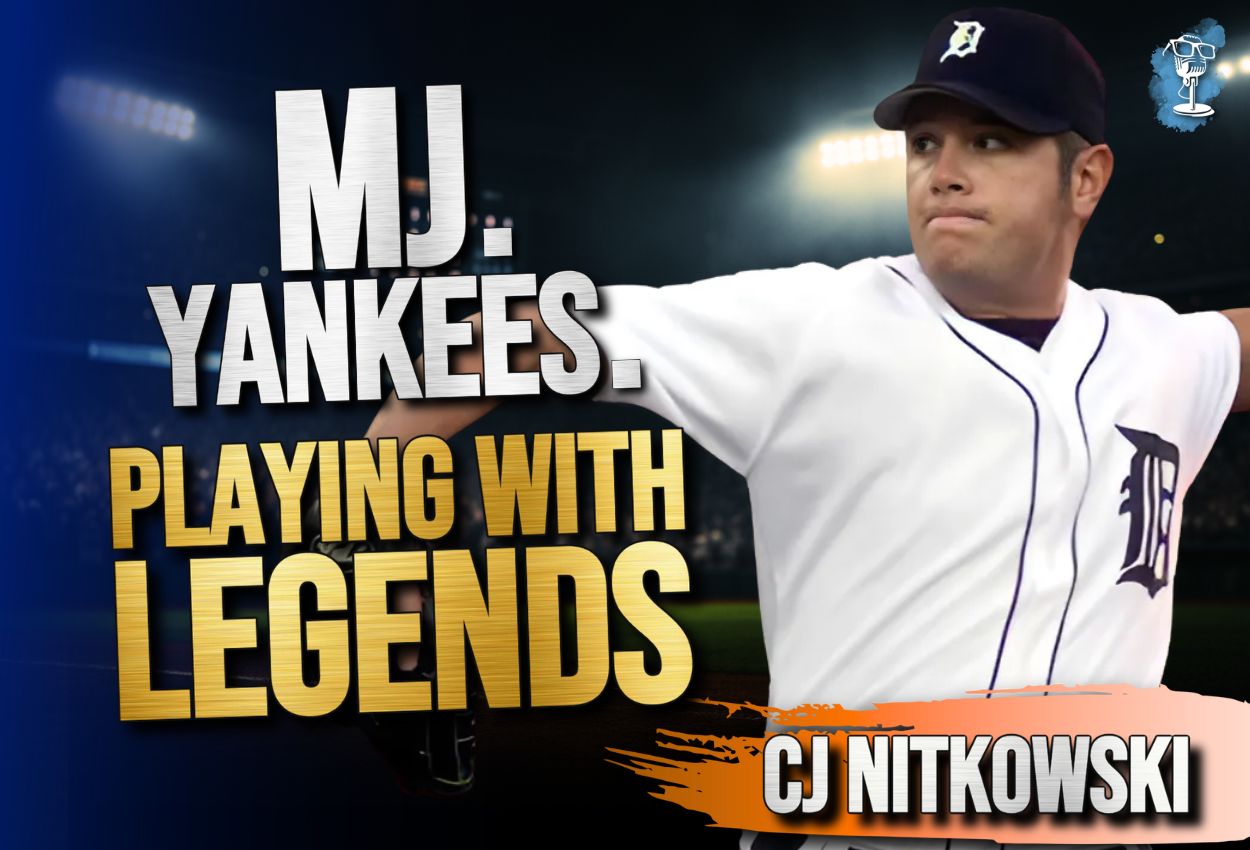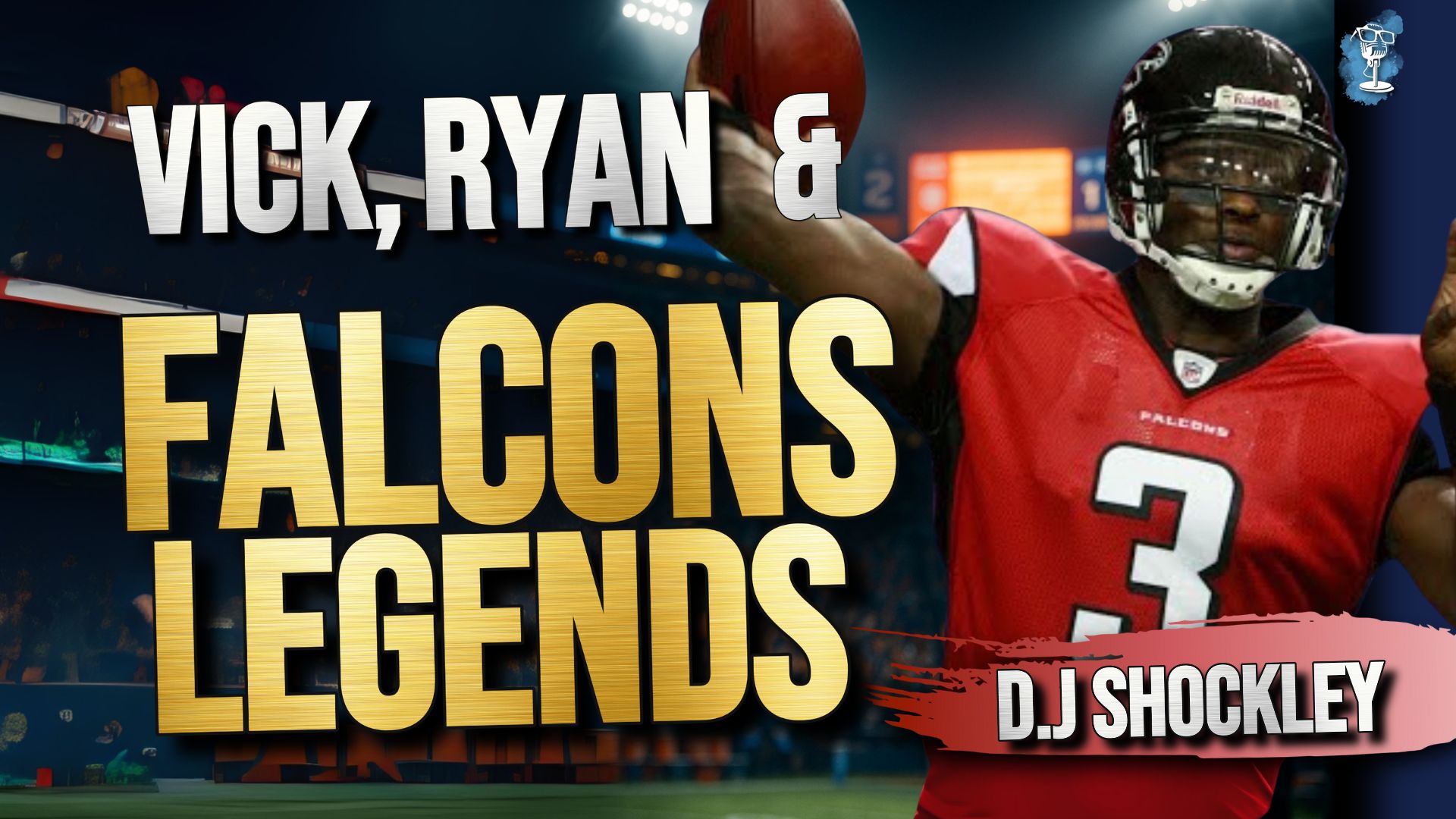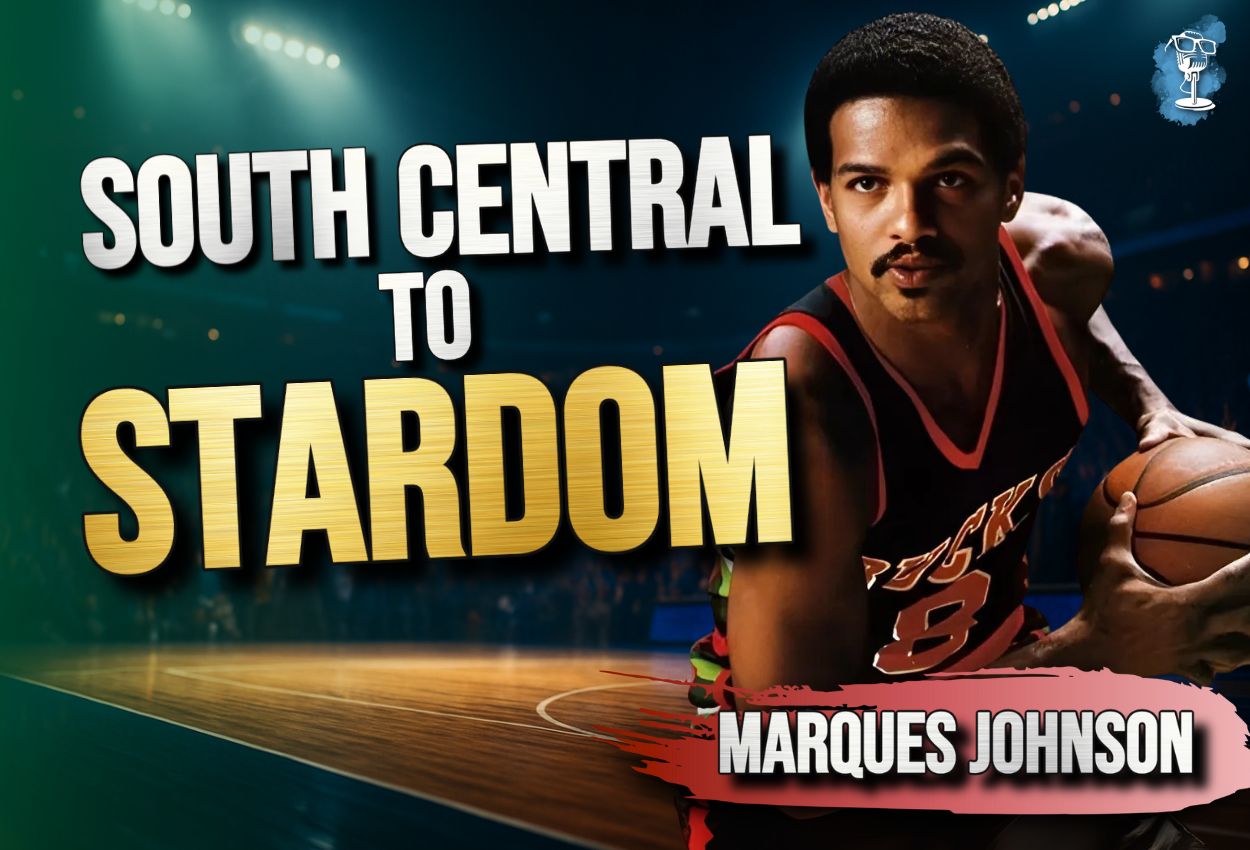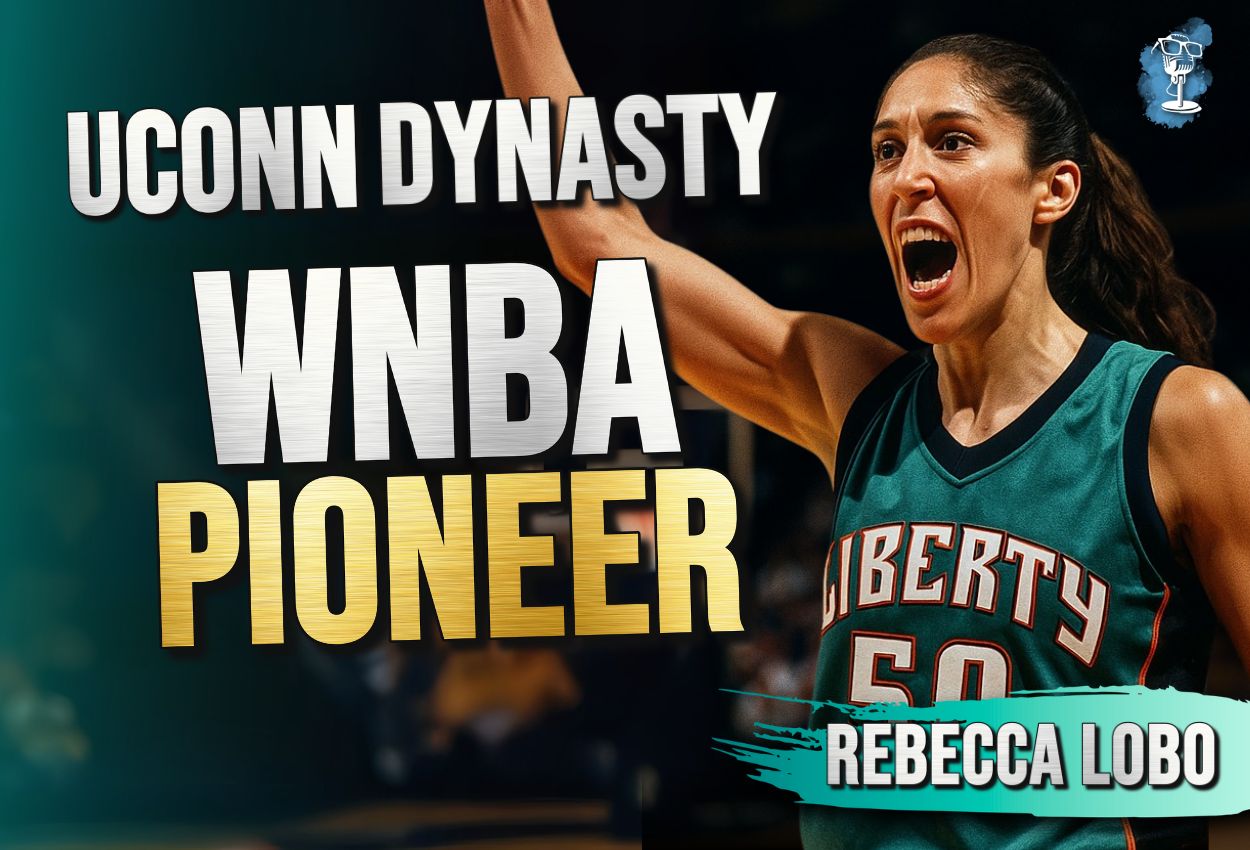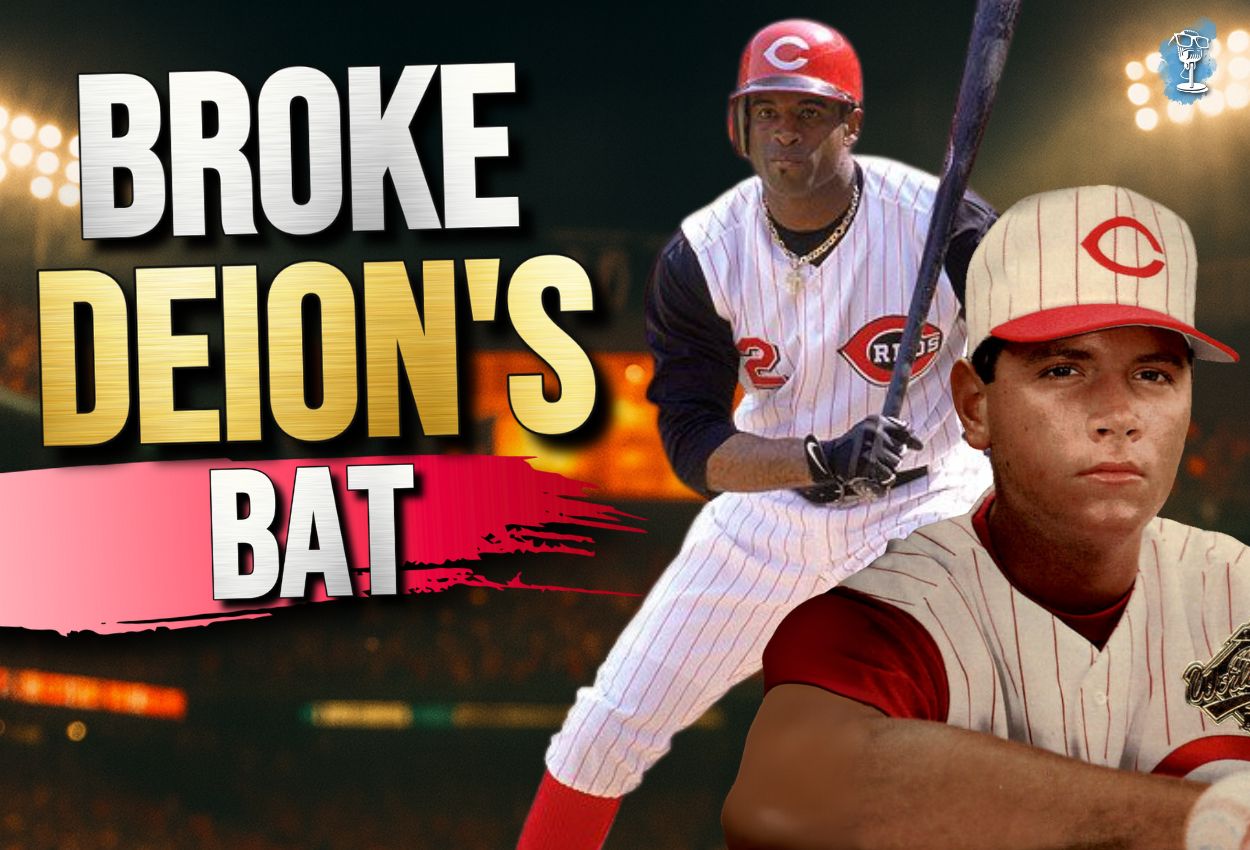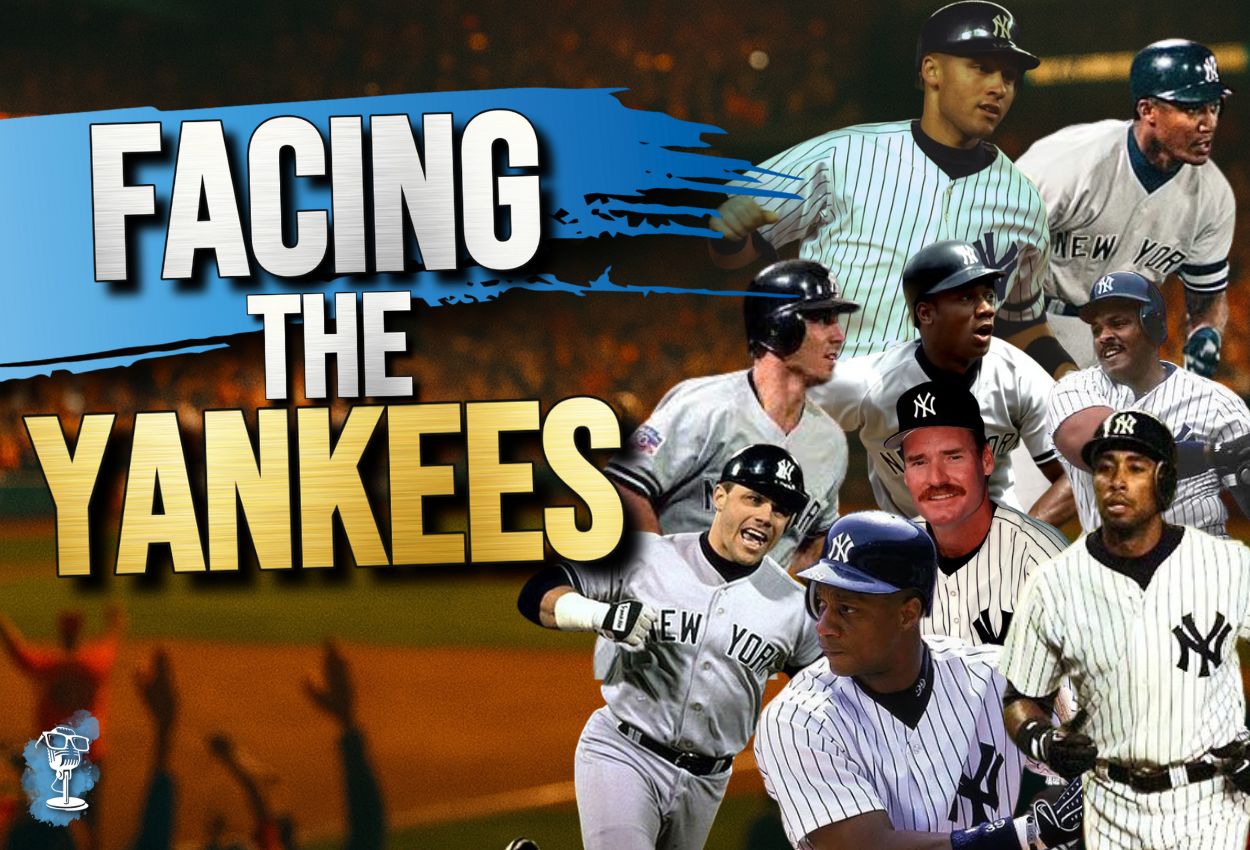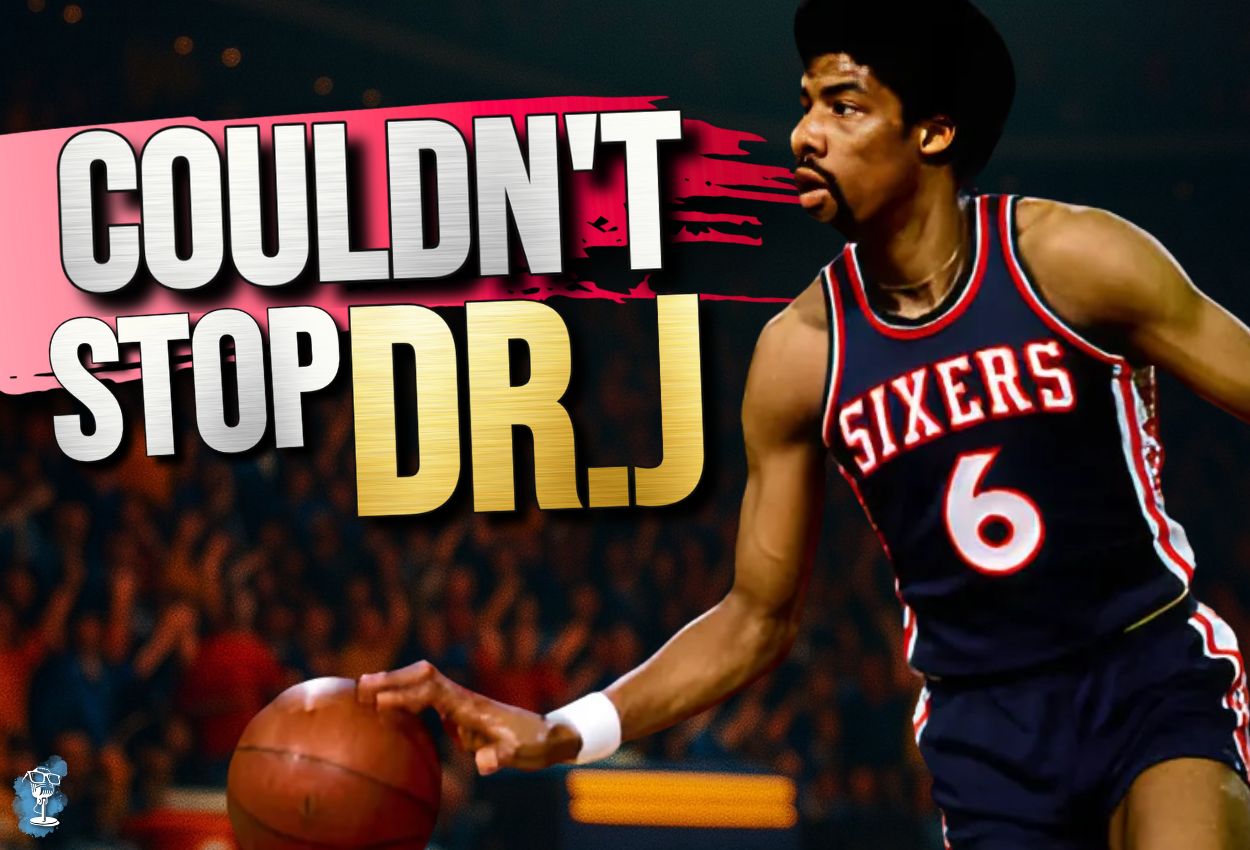“You are all being asked to cross the picket line right now.”
That was the first message CJ Nitkowski heard as a newly drafted first-round pick of the Cincinnati Reds in 1995. Instead of the celebratory start most young players dream of, Nitkowski was immediately confronted with the business side of Major League Baseball. What should have been the honeymoon stage of his career quickly turned into a crash course in labor strife, loyalty, and personal conviction.
A Rookie’s Baptism by Fire
Nitkowski recalls walking into his very first spring training camp full of nerves, optimism, and excitement — only to be blindsided by Reds GM Jim Bowden’s stunning demand. With the MLB strike still unresolved, ownership wanted to use minor leaguers as replacement players.
“Here I am, their first-round pick, and my general manager is asking me to cross the picket line. And you’re hearing all these sides of it because you’re not even a member of the union at that point.”
For a 22-year-old just months into his pro career, it was an almost surreal experience. The implicit choice: risk alienating the union he would one day join, or risk falling out of favor with the very organization that had just invested millions in him.
The Parking Lot Exodus
The decision, however, wasn’t all that complicated for Nitkowski. Along with more than 100 fellow minor leaguers, he chose to walk away.
“It felt like the last day of school. A hundred plus players just got in the parking lot and left. That was heavy. That was a lot for guys to go through. I think maybe seven guys stayed back.”
What should have been Nitkowski’s introduction to big-league coaches and his first brush with the Reds’ major leaguers instead turned into days of waiting around in limbo. Eventually, the strike ended, but the memory of that moment never left him.
Lessons Beyond the Diamond
For Nitkowski, that spring was an awakening. Baseball was not just about pitching, stats, or getting hitters out. It was a business. And business could be brutal.
“That was probably the biggest eye-opener as far as how the business side works. It didn’t matter that I was their first-round pick. In that moment, they were still willing to ask me to cross.”
This lesson, learned at the very start of his career, stayed with Nitkowski through his years in the majors and into broadcasting. It shaped his perspective on player empowerment, labor disputes, and the long history of tension between ownership and players.
A Slice of 1995 Baseball History
For fans, the 1994–95 strike is remembered mostly for the canceled World Series — a Yankees-Expos showdown that never was. But for players like Nitkowski, the ripple effects cut much deeper. Careers were disrupted, reputations were tested, and futures were altered before they even began.
His story is a reminder that every work stoppage has a human side — not just headlines and canceled games, but young athletes forced to make adult choices before ever throwing a pitch in the big leagues.
The Bigger Picture
Looking back, Nitkowski sees that moment as formative. The strike and its aftermath taught him resilience, independence, and the importance of standing by principle, even when the easier path might have been to comply. For today’s generation of players navigating the ever-evolving landscape of free agency, arbitration, and collective bargaining, his story is a cautionary tale about the thin line between loyalty and self-preservation.
Baseball history books may not devote many pages to the replacement-player standoff of 1995. But for CJ Nitkowski, “crossing the picket line” was more than a footnote. It was the real beginning of his baseball education.

